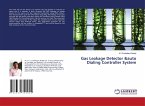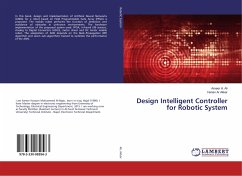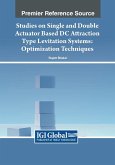Magnetic levitation technology has evolved as an important consideration in designing and developing systems with frictionless guidance and suspension. The main objective undertaken in this thesis is to create a model and develop a magnetic levitation system capable of levitating and moving a ferromagnetic object by means of a real-time controlled magnetic field generated by a set of electromagnets. An analytical mathematical model describing the electromechanical dynamics of the system is obtained and identified. In addition, a simplified and more efficient mathematical model based on experimental data is investigated. Three different vertical direction controllers based on different nonlinear control theories: Jacobian Linearization, Feedback Linearization and Sliding Mode Control, are proposed and validated. The mechanical components of a three-dimensional magnetic levitation system with simple position control scheme are designed and analyzed. A concept of digital control system consist of microcontroller based digital controller, position sensor system and digitally controlled power drivers is developed and implemented to track a reference position signal. Finally, the procedure of integrating the designed system into a suggested avionics system concept to estimate the performance of the avionics system's fault-tolerance capability is discussed as a basis for future work.
Bitte wählen Sie Ihr Anliegen aus.
Rechnungen
Retourenschein anfordern
Bestellstatus
Storno








